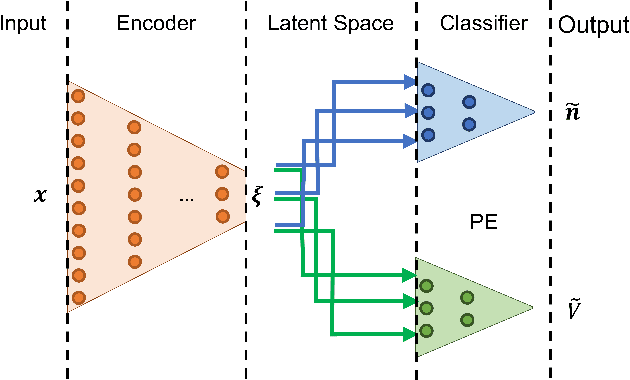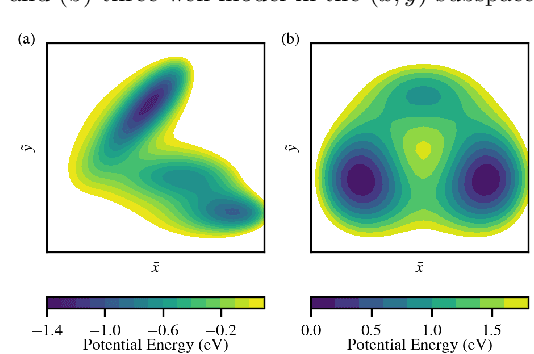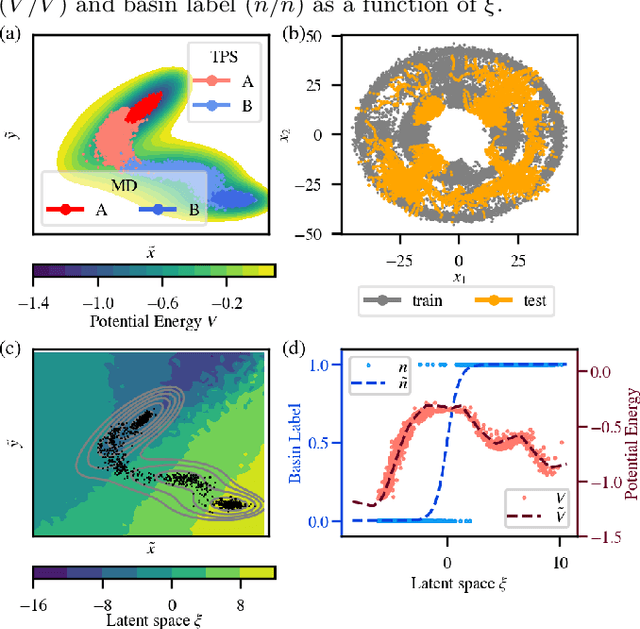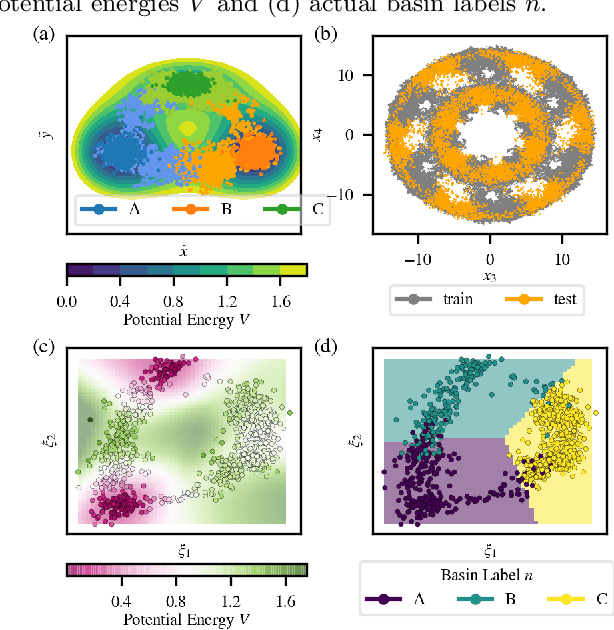David Clark
GI Software with fewer Data Cache Misses
Apr 06, 2023Abstract:By their very name caches are often overlooked and yet play a vital role in the performance of modern and indeed future hardware. Using MAGPIE (Machine Automated General Performance Improvement via Evolution of software) we show genetic improvement GI can reduce the cache load of existing computer programs. Operating on lines of C and C++ source code using local search, Magpie can generate new functionally equivalent variants which generate fewer L1 data cache misses. Cache miss reduction is tested on two industrial open source programs (Google's Open Location Code OLC and Uber's Hexagonal Hierarchical Spatial Index H3) and two 2D photograph image processing tasks, counting pixels and OpenCV's SEEDS segmentation algorithm. Magpie's patches functionally generalise. In one case they reduce data misses on the highest performance L1 cache dramatically by 47 percent.
Multitask machine learning of collective variables for enhanced sampling of rare events
Dec 07, 2020



Abstract:Computing accurate reaction rates is a central challenge in computational chemistry and biology because of the high cost of free energy estimation with unbiased molecular dynamics. In this work, a data-driven machine learning algorithm is devised to learn collective variables with a multitask neural network, where a common upstream part reduces the high dimensionality of atomic configurations to a low dimensional latent space, and separate downstream parts map the latent space to predictions of basin class labels and potential energies. The resulting latent space is shown to be an effective low-dimensional representation, capturing the reaction progress and guiding effective umbrella sampling to obtain accurate free energy landscapes. This approach is successfully applied to model systems including a 5D M\"uller Brown model, a 5D three-well model, and alanine dipeptide in vacuum. This approach enables automated dimensionality reduction for energy controlled reactions in complex systems, offers a unified framework that can be trained with limited data, and outperforms single-task learning approaches, including autoencoders.
 Add to Chrome
Add to Chrome Add to Firefox
Add to Firefox Add to Edge
Add to Edge